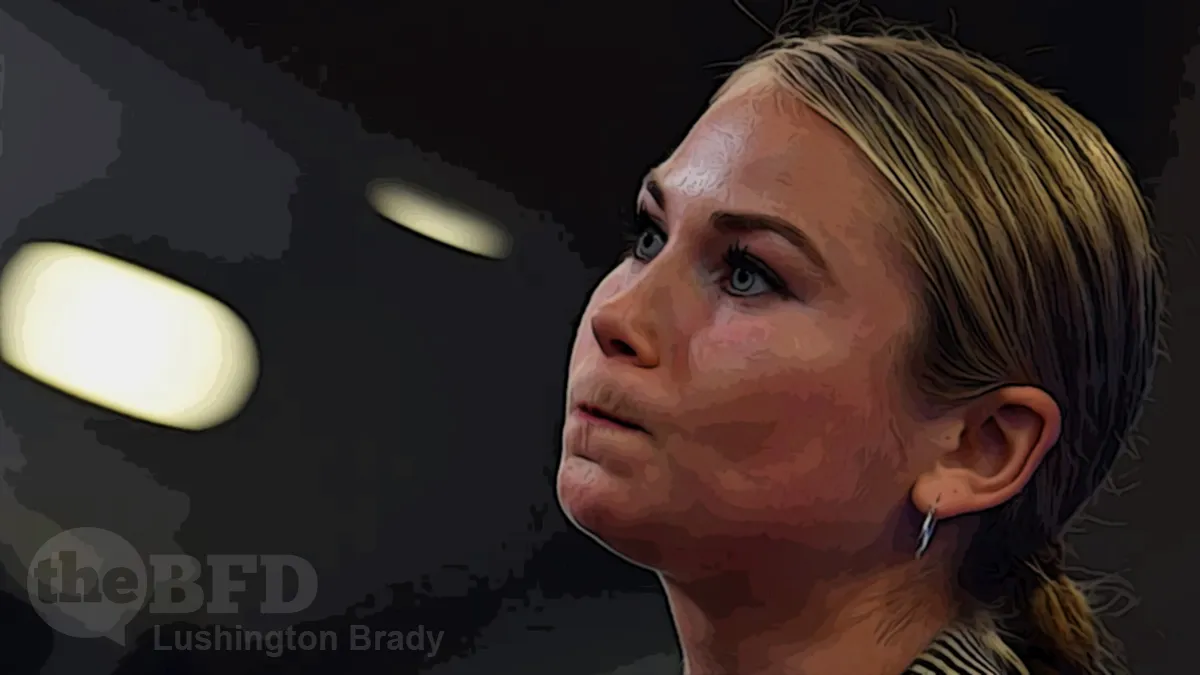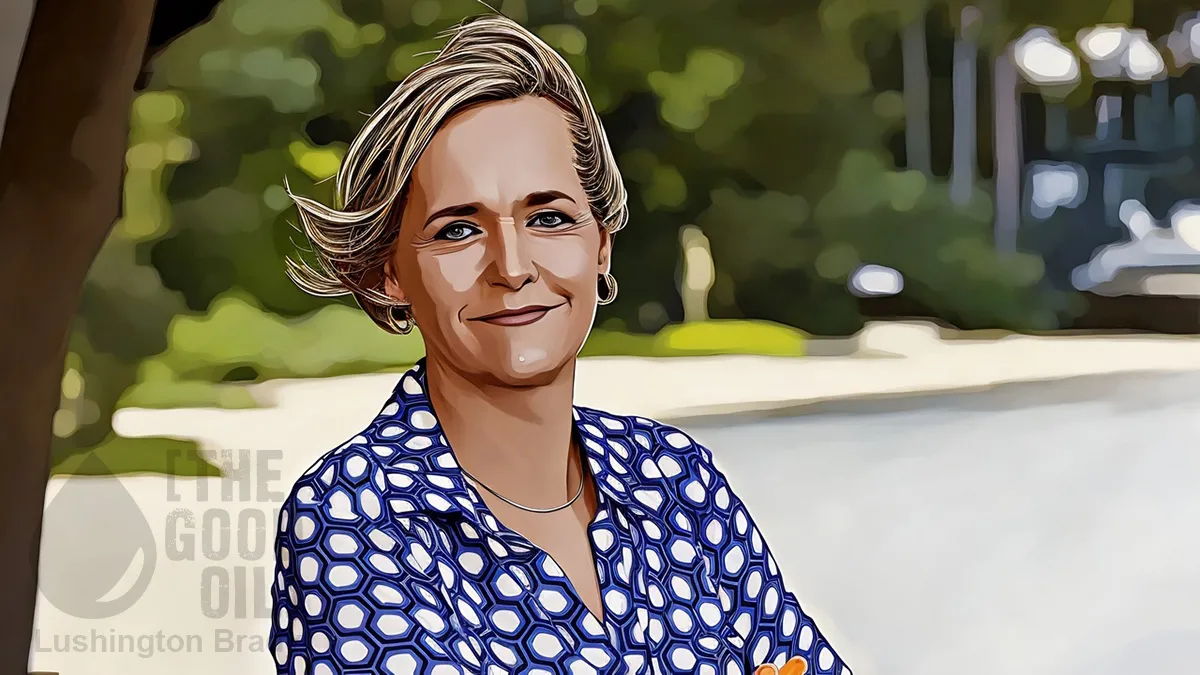Table of Contents
We live in an Age of Unreason. Characteristic of such an age is the near-universal trading of victimhood-as-currency. The Cult of the Victim fosters all manner of irrational ideas. As the great Australian journalist Jack Marx wrote, years ago, should there come a point where the mouths of victims’ families are sewn shut?
What Marx was getting at is the widely held conceit that experiencing tragedy somehow translates to unimpeachable wisdom and saintliness. In particular, Marx pointed out the fallacy of treating the father of a drug-overdose victim as an authority on illegal drugs. What special knowledge or expertise did this fellow have, apart from a drug-using daughter? Indeed, as Marx noted, the father’s loudly-trumpeted policy – zero-tolerance jailing for possessors of illegal drugs – would have seen his own daughter imprisoned, had she been apprehended by police before gobbling her pills.
But nowhere is the victimhood currency leveraged more grotesquely than in cases of sexual assault. The idea that someone who had the misfortune to be sexually assaulted is, by that sole virtue, an expert in anything, let alone some kind of saint, is clearly irrational.
The irrationality of anointing victims has come home to bite a great many people in the hip pocket.
Grace Tame will step down as the CEO of her charitable foundation amid a donor backlash over its questionable governance and a half-hearted leadership style that left a scattered strategy and produced few tangible results for sexual abuse survivors.
Tame is a young woman who, as a teenager, was subjected to abuse by a teacher. That fact alone, though, does not make necessarily make someone CEO material. Good intentions, no doubt, but good intentions don’t translate to expertise.
Tame’s inexperience was evident to anyone who dealt with the foundation, its dysfunction well-known in philanthropic circles. Largely a side project between a book deal and speaking gigs, it overflowed with donor funding but largely duplicated the work of established peers.
The fame bestowed on Tame by the Cult of the Victim moved many people to donate funds. Unwisely, as it seems.
Within two years it had seemingly run out of goals to pursue. Piles of money sat on its books and it had already achieved modest goals in reforming sexual assault legislation around the country. But the board, flush with cash and under pressure to spend it in meaningful ways, took an ill-advised turn and began funding counselling services and legal fees for sexual abuse survivors, cannibalising existing services and drastically diverging from the foundation’s original purpose.
Donors were never told their money would be used in this way – on lawyers and counselling – and we know some benefactors were left furious about the lack of transparency.
More than half of the donated funds for FY23 – about $170,000 – were used to pay for counselling and legal costs, creating manifold problems in the process.
Worse, there were obvious conflicts of interest in the people surrounding her. Not least, in a firm of lawyers who seem to dedicate as much time to Twitter left-wing activism as lawyering.
This column would go on to reveal that every dollar spent on legal services ($107,000) had been channelled into Marque Lawyers, whose managing director, Michael Bradley, sits on the Grace Tame Foundation board.
A perceived conflict of interest, this ought to have ended Bradley’s role as a director or seen his firm removed from the panel of legal providers.
We checked, however, and he’s still on the board, and our attempts to reach him were unsuccessful.
Tame’s is an object lesson in the foolishness of assuming that personal tragedy bestows omniscience.
It’s a shame, really. With so much money at her disposal, far more than most volunteer organisations would typically receive, Grace Tame could have achieved something genuinely worthwhile in the survivor space.
Instead, her foundation wasted time, money, potentially the goodwill of donors, and it has probably diverted resources from organisations with clearer purposes.
The Australian
In a similar tale of good intentions colliding with inexperience and malexpertise, Celeste Barber leveraged minor social media clout and a drearily commonplace penchant to take cheap shots at a conservative prime minister into 15 minutes of fame and a whole bunch of charity donations. Yet, having admirably prompted Australians’ charitable instincts, Barber’s complete lack of understanding of laws governing charities meant that the tens of millions intended for bushfire victims was locked up for months, unable to be distributed.









